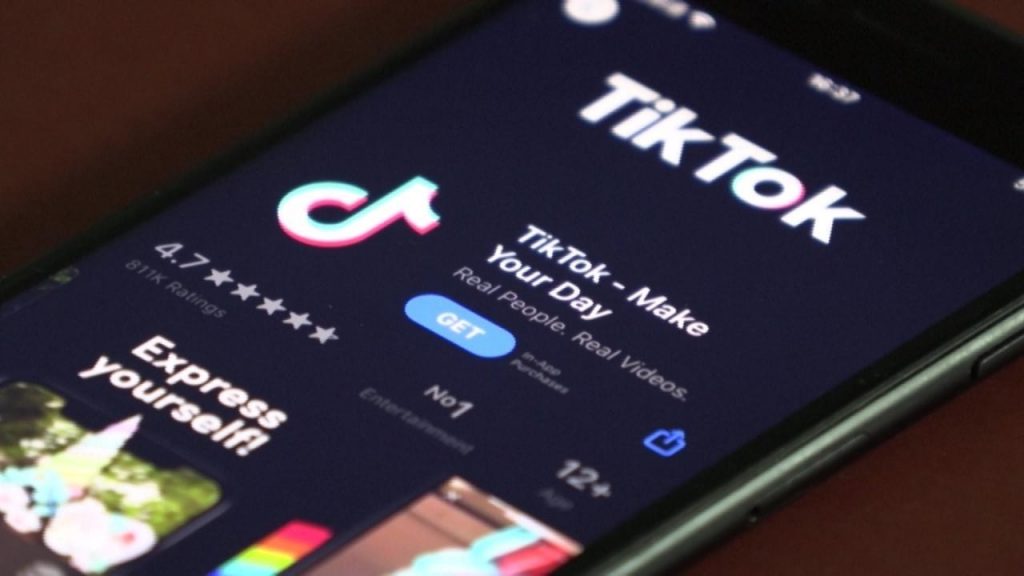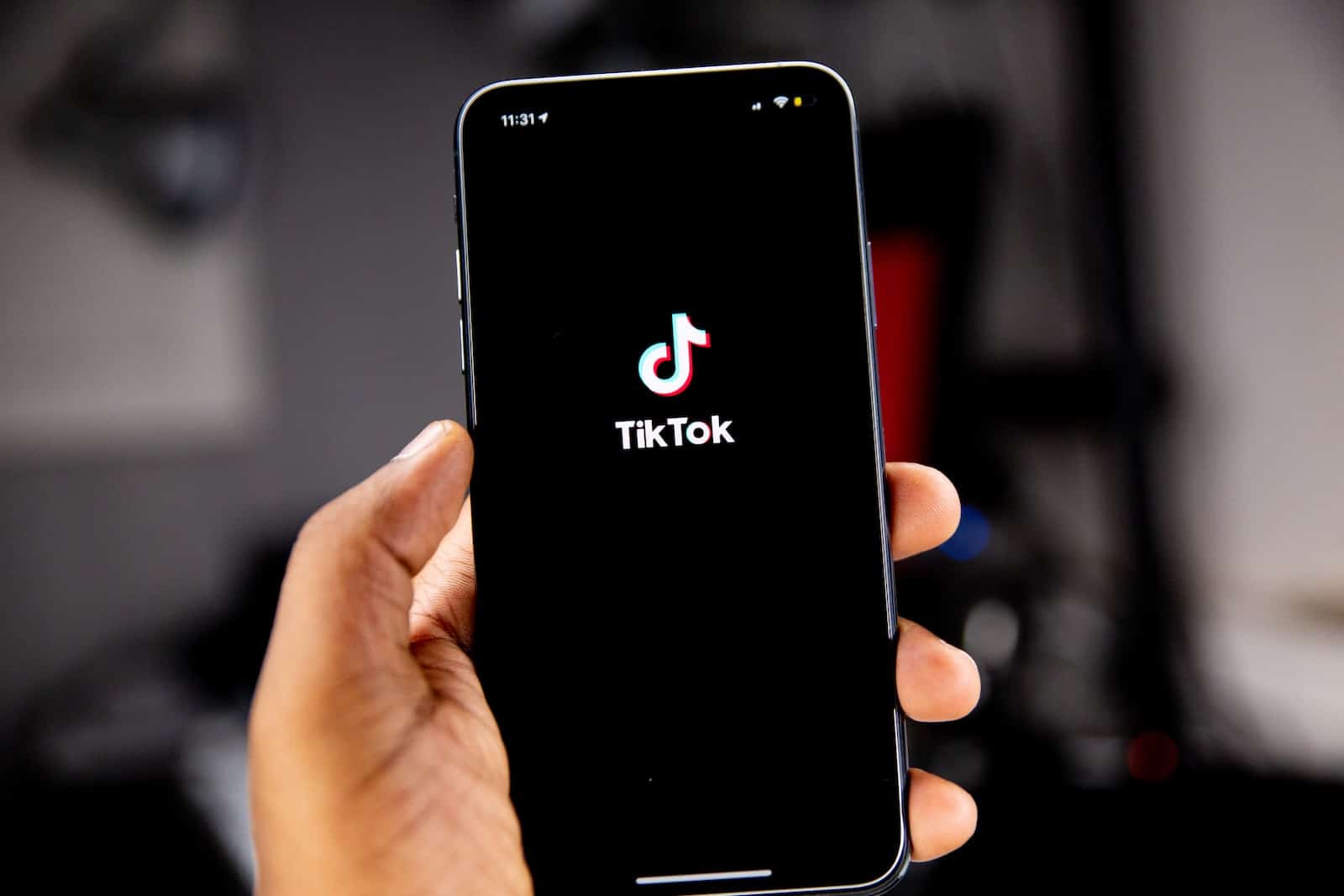In the era of social media dominance, TikTok stands out as a powerhouse platform, captivating millions with its bite-sized, entertaining videos. From dance challenges to comedic skits to educational content, TikTok has become a cultural phenomenon, shaping trends and influencing pop culture. However, the ease of access to TikTok content has led to debates surrounding the ethics and legality of watching and downloading videos from the platform.
The Allure of TikTok: A Digital Playground
TikTok, launched in 2016, has skyrocketed to prominence, boasting over a billion active users worldwide. Its intuitive interface, algorithm-driven content recommendation system, and diverse range of content creators have contributed to its widespread appeal. From Gen Z trendsetters to seasoned influencers, TikTok offers a platform for individuals to showcase their creativity, humor, and talents to a global audience.
The Temptation to Download: Convenience vs. Consent

Amidst the plethora of captivating content on TikTok, users often find themselves tempted to download videos for various reasons. Whether it’s to save a particularly amusing clip, rewatch a tutorial, or share content with friends, the allure of offline access is undeniable. However, the act of downloading TikTok videos raises ethical questions regarding consent and intellectual property rights. While TikTok provides a platform for creators to share their content, the decision to download and redistribute videos without explicit permission infringes upon the creator’s rights and undermines the value of their work.
Legal Ramifications: Navigating Copyright and Fair Use
From a legal standpoint, the legality of downloading TikTok videos is murky terrain. While some argue that downloading videos for personal use falls within the realm of fair use, others contend that redistributing or repurposing the content without consent violates copyright laws. The Digital Millennium Copyright Act (DMCA) prohibits the circumvention of technological measures employed by platforms like TikTok to protect copyrighted content, potentially rendering certain video downloader tools illegal. Moreover, the terms of service outlined by TikTok explicitly state that users are not permitted to download or distribute content without authorization, further complicating the matter.
Privacy Concerns and Data Security
Beyond copyright issues, downloading TikTok videos (https://tikd.cc/) through third-party apps or websites raises concerns about privacy and data security. Users risk exposing themselves to malware, phishing attempts, or data breaches by engaging with unauthorized downloading tools. Furthermore, the act of downloading and redistributing TikTok videos without consent may compromise the privacy and consent of individuals featured in those videos, particularly if the content is sensitive or personal in nature.
Educating Users: Promoting Responsible Consumption

In light of these ethical and legal considerations, there is a pressing need for user education and awareness regarding the implications of downloading TikTok videos. Platforms like TikTok should prioritize educating users about their rights and responsibilities as content consumers, emphasizing the importance of respecting intellectual property rights and privacy considerations. Additionally, users should exercise caution when engaging with third-party downloading tools, ensuring that they comply with applicable laws and platform policies.
Conclusion: Balancing Access with Accountability
As TikTok continues to dominate the social media landscape, navigating the ethical and legal complexities of watching and downloading videos from the platform requires a nuanced understanding of digital rights, privacy, and content ownership. While the allure of offline access may be enticing, it is imperative to prioritize the rights and consent of creators and uphold ethical standards in digital consumption. By fostering dialogue, promoting awareness, and advocating for responsible consumption practices, we can strive to create a digital ecosystem that balances accessibility with accountability, creativity with integrity, and connectivity with respect for individual rights.

